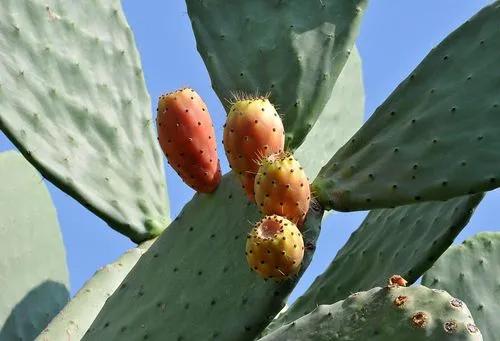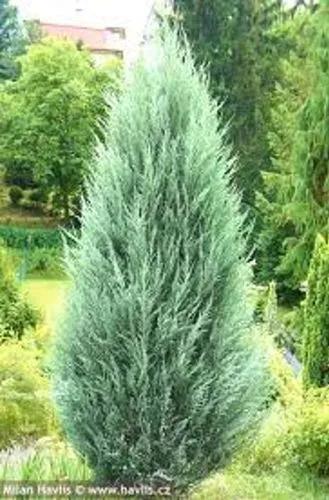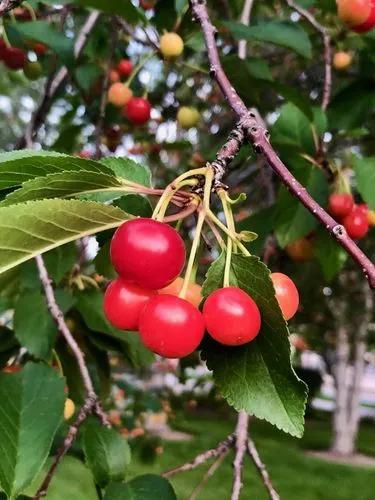Physalis peruviana, a plant species of the genus Physalis in the nightshade family Solanaceae, has its origin in Peru. The plant and its fruit are commonly called Cape gooseberry, goldenberry, and physalis, among numerous regional names.
Peruvian ground-cherry Care
Physalis peruviana



Physalis is a genus of flowering plants in the nightshade family (Solanaceae), which grow in warm temperate and subtropical regions of the world. Most of the species, of which 75–90 may exist, are indigenous to the Americas. The history of Physalis cultivation in South America can be traced to the Inca. Cultivated species and weedy annuals have been introduced worldwide. P. peruviana is closely related to the tomatillo and the Chinese lantern, also members of the genus Physalis. As a member of the plant family Solanaceae, it is more distantly related to a large number of edible plants, including tomato, eggplant, potato, and other members of the nightshades. Despite its name, it is not botanically related to other gooseberries. P. peruviana is an economically useful crop as an exotic exported fruit and favored in breeding and cultivation programs in many countries.
How to Care for the Plant

Water

Physalis peruviana needs plenty of water. Daily watering in most climates is essential. Keeping the soaker hose close to the ground and away from the foliage and the leaves ensure that all the water reaches the roots of the plant and does not affect the fruits or leaves making them more susceptible to fungal problems. Ensure that the soil drains well and the water does not stay pooled around the plants. Plants will go dormant during drought conditions if not watered.

Fertilizer

Feeding is unnecessary. Cape Gooseberries prefer poorer soils and if fed tend to produce far more lush foliage and less fruits. If leaves begin to look yellow or sick than a dilute fertilizer can be applied otherwise they seem to do fine without it. Higher yields are mostly produced on poor soil.

Sunlight

The plant prefers a spot in full sun to partial shade.

Soil

To yield the most fruit, it is best planted in a low-fertility soil, as in high-fertility soil it will most likely yield useless vegetation. It is adaptable to most soil types and will grow almost anywhere, although it does best in sand or gravel.

Temperature

P. peruviana thrives at an annual average temperature from 13–18 °C (55–64 °F), tolerating temperatures as high as 30 °C (86 °F).

Popularity

1,513 people already have this plant 227 people have added this plant to their wishlists
Discover more plants with the list below
Popular articles






